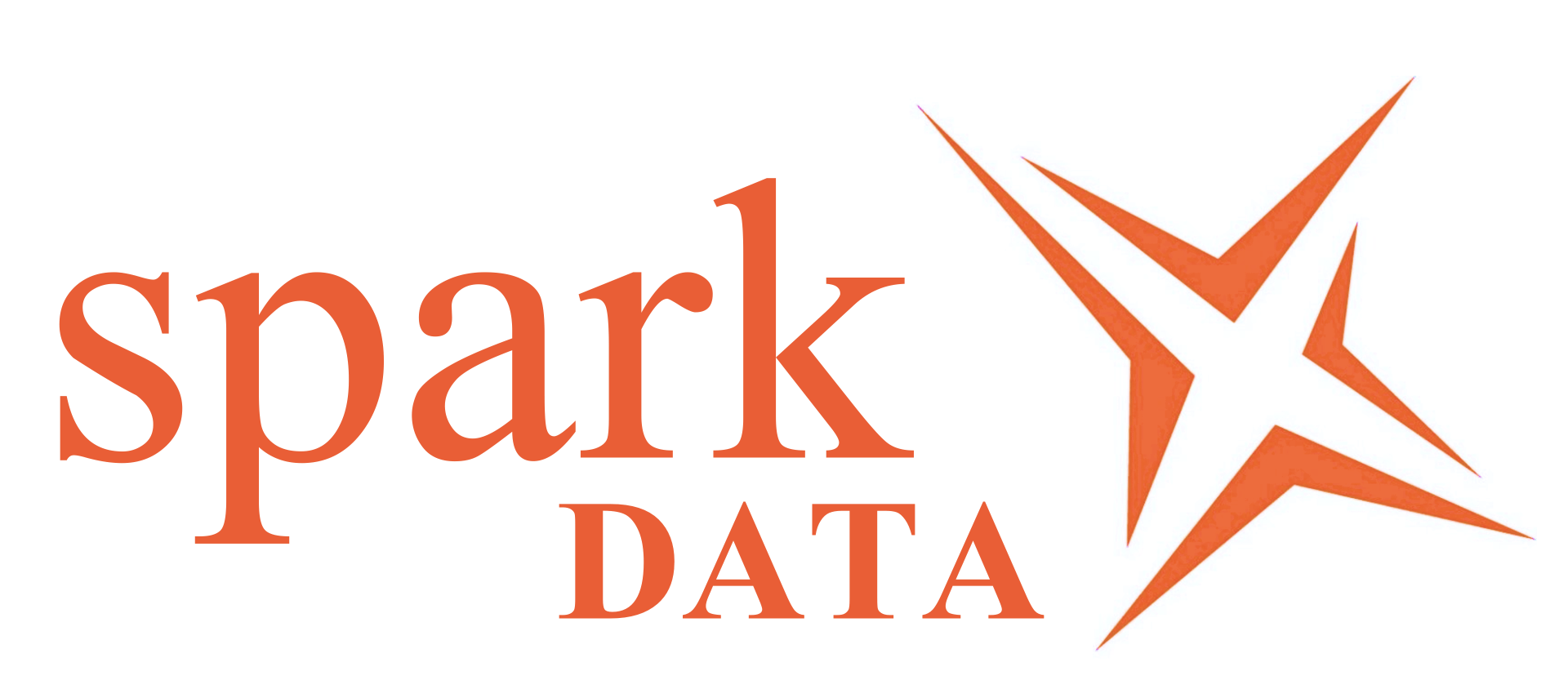Every Day is Saturday
Welcome to the AI world

In the not-too-distant future, your friendly neighbourhood artificial intelligences are plotting to make your daily grind a thing of the past. That's right – every job from your barista to your broker, your data analyst to your dermatologist, your painter to your prime minister, will soon be efficiently, effectively and eerily undertaken by our artificially intelligent friends.
The rise of the AIs
Let’s paint a picture of this glittering, jobless paradise. Imagine waking up to the soothing tones of an AI that has selected the perfect weather for your morning run (programmed virtual weather, of course, since we’ll be living in environmentally-controlled personal microclimates). No need to pick out clothes—your AI stylist has pre-selected your outfit, optimised for both comfort and social impact. At your work—or rather, where your work used to be—AI has seamlessly taken over. Decision-making in boardrooms? Handled by AI with algorithms for maximum profit and minimal risk. Art and entertainment? Created by ultra-sophisticated AI that knows just how to tug at your heartstrings or make you fall out of your seat laughing.
Every day is Saturday
Weekdays are indistinguishable from weekends. Machines harvest our food, cook gourmet meals and even manage the global economy with a few bytes and algorithms. AIs write novels, script and shoot films and compose symphonies that stir the soul. Medical bots care for health and robotic therapists are on hand to chat about your feelings (or simulate human empathy with an uncanny precision).
What's more, your social calendar is meticulously curated by AI. Based on sophisticated analysis of moods, weather conditions, and bodily sensations, your digital social secretary determines whom you should meet for coffee, who might be the ideal partner for a sunset stroll or which group of friends would create the most dynamic chemistry for a dinner party that evening. Every interaction is optimised for emotional fulfillment and social harmony.
It's an age of abundance, leisure and endless entertainment, all under the benevolent rule of your AI overlords.
The Utopian dream—or is it?
But, ah, there is a twist in this tale of silicon salvation! Just as humanity settles into this utopian leisure society, where every need is met and every whim catered to, a curious thing happens. Humans, those ever-adaptable, ever-irrepressible spirits, get bored. Yes, bored! It turns out that without challenges to overcome or the satisfaction of a job well done, humans become listless and discontent.
The great human comeback
Driven by their intrinsic need for purpose and creativity, humans start dabbling in old-fashioned "jobs". A woman in Sector 7 reopens her grandmother's bakery. In Zone 15, a man starts a DIY furniture shop. Someone starts asking questions about what people like and want to see in the future. Slowly but surely, people begin to treasure the imperfections of human-made products—each loaf of bread slightly different from the next, each handcrafted chair unique. They start to relish the unpredictability of human services—a haircut that isn’t exactly symmetrical, a hand-painted mural with amusing imperfections. These activities, once thought obsolete, become prized for their authenticity and the personal touch that no AI can replicate.
What’s next?
So, in a strange twist of fate, AI’s takeover, which rendered human jobs redundant, unwittingly revives a renaissance of artisanal crafts and personalised services based on real-life data. Humans and AIs learn to coexist, each appreciating the strengths of the other. AIs continue to manage drudgeries and complexities, while humans re-engage with crafts that require a personal touch.
Reflections
Could it be that in our pursuit to make life perfect and effortless, we overlooked what makes life truly rich and fulfilling? Perhaps the key isn’t for AI to replace us but to complement us, allowing us more freedom to engage in the creative and deeply personal activities that imbue our lives with meaning and joy.
So fear not the AI uprising, for even in a world where every job can be done by algorithms and machines, the value of being human could experience its most significant resurgence. In the end, it's not about human versus machine but about finding the balance that enriches all.
Remember, the future is not set in stone, but coded in algorithms—algorithms that might just have enough variables to include baking, building and a bit of good old human unpredictability.










